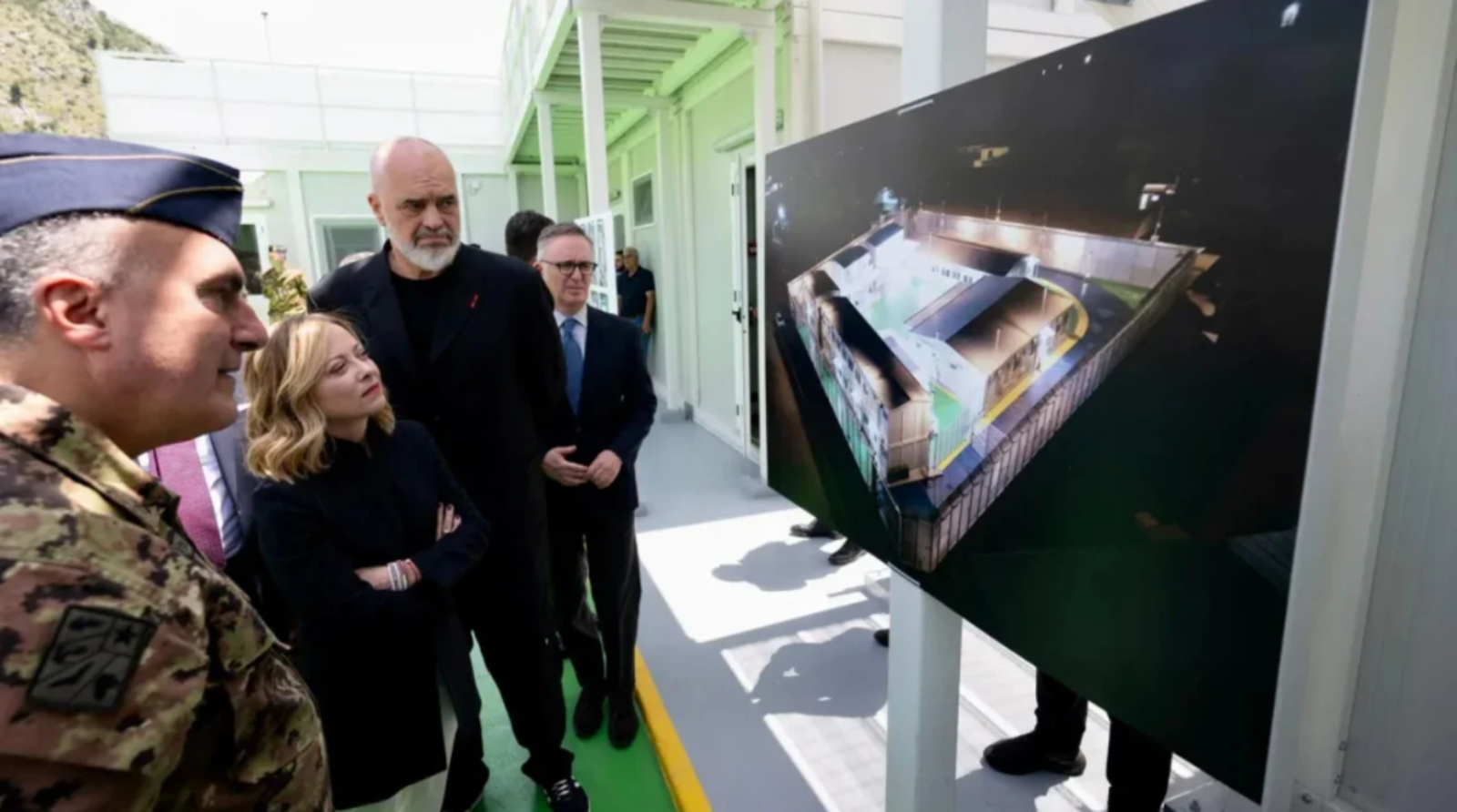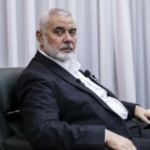Italy, which receives the largest number of migrants arriving in the European Union, has opened one of two planned refugee camps in Albania. These centers are designed to accommodate up to 3,000 migrants per month who are rescued while en route to Italy. This initiative is part of Europe’s first “offshore” scheme aimed at addressing the challenge of irregular migration.
According to BBC, the camp that opened today is located in the northern Albanian port of Shengjin. The opening of a second center, situated at a former air force base in nearby Gjadër, has been delayed.
The facilities will be entirely managed by the Italian government, which has financed their construction. They will house migrants intercepted in international waters but will not be used for women, children, or those considered vulnerable.
Once at the camp, migrants will be allowed to apply for asylum in Italy. If their applications are rejected, they will be returned to countries deemed safe for return.
“It will be as if you have a center in Italy but located in Albania,” said Fabrizio Bucci, Italy’s ambassador to Albania, referring to the application of Italian and European legislation within the centers.
The agreement signed by Italian Prime Minister Giorgia Meloni and Albanian Prime Minister Edi Rama is set to last for five years, with an option to extend if it proves successful in reducing the migratory burden on Italy and deterring some of the migration attempts.
Arrivals by sea to Italy this year, totaling around 31,000 so far, have decreased by more than half compared to the same period in 2023.
Giorgia Meloni campaigned on a promise to tackle migration decisively, and the Albania plan has become a key component of this strategy. However, the high cost of the initiative, estimated at over 650 million euros, has been a point of criticism from opposition politicians and human rights groups.







